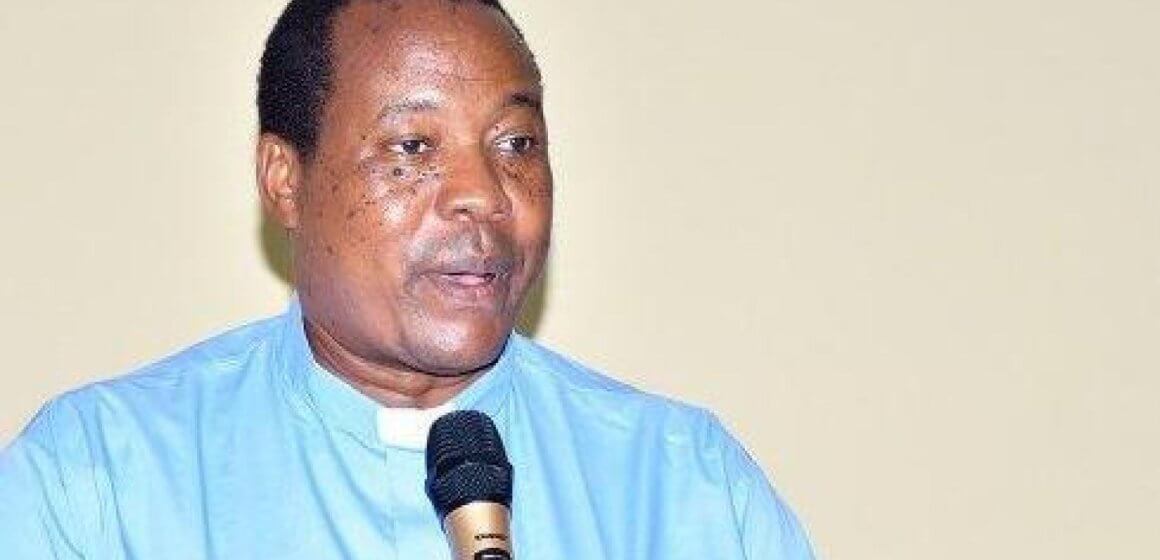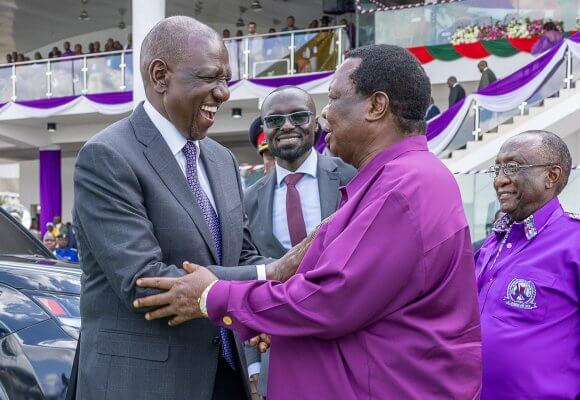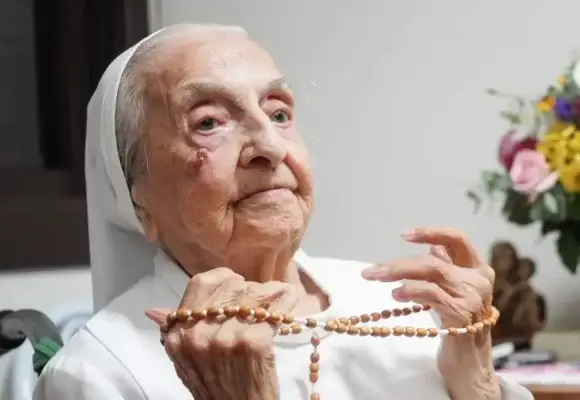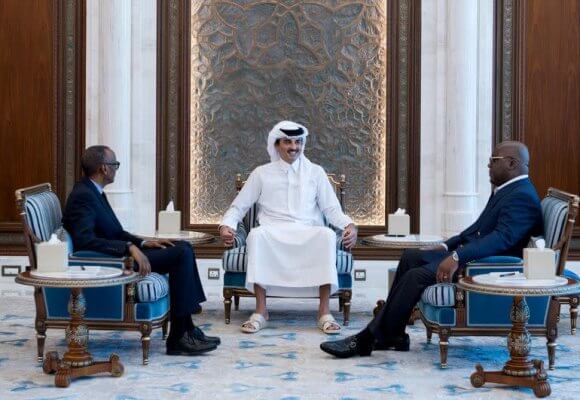|
LISTEN TO THIS THE AFRICANA VOICE ARTICLE NOW
Getting your Trinity Audio player ready...
|
In a disturbing escalation of tensions ahead of Tanzania’s October general elections, prominent Catholic cleric and vocal government critic Fr Charles Kitima was violently attacked on the night of April 30, sending shockwaves through religious and civil society circles.
Fr Kitima, a respected figure within the Catholic Church and Secretary-General of the Tanzania Episcopal Conference (TEC), was assaulted by unidentified assailants in a canteen restroom near his residence in Dar es Salaam. The priest had just returned from a day-long religious conference when the incident occurred.
According to police accounts, he was struck on the head with a blunt object in what authorities believe was a targeted assault. Eyewitnesses reported seeing Fr Kitima engaging in conversation with several individuals shortly before the attack. Minutes later, he was discovered injured and bleeding, crying for help as two individuals were seen fleeing the scene.
Law enforcement has confirmed the arrest of one suspect, while investigations continue to determine the motive and whether additional individuals were involved. The government has yet to issue an official statement.
The brutal nature of the attack, on a religious leader known for his principled and uncompromising advocacy for justice, transparency, and democratic governance, has triggered widespread condemnation from human rights organizations, legal professionals, and opposition figures.
Boniface Mwabukusi, president of the Tanganyika Law Society, visited the cleric in hospital and described the assault as “a brutal attack with the intent to take his life.” Mwabukusi, posting on social media platform X, relayed Fr Kitima’s defiant message to the public: that Tanzanians should not fear paying the price for standing up for justice and fulfilling their national responsibilities.
Fr Kitima, who is currently in stable condition, has long been at the forefront of calls for political and electoral reform in Tanzania. His frequent criticism of government actions and advocacy for human rights have earned him widespread admiration — and, apparently, powerful adversaries. In recent months, the Catholic Church has grown increasingly vocal about democratic governance and accountability, positioning itself as a moral compass during a period of political uncertainty.
Last week, Catholic leaders joined a coalition of Christian churches in urging the government to enact long-promised electoral reforms, a central demand of the opposition. The church’s bold statements, however, have not been welcomed by everyone. Some leaders within the ruling Chama Cha Mapinduzi (CCM) party have expressed frustration, accusing religious figures of overstepping their mandate and wading too deeply into political affairs.
President Samia Suluhu Hassan, addressing supporters over the weekend, issued a warning to the opposition, insisting that no one is above the law. She also sought to reassure the public by promising that the upcoming election would be peaceful, transparent, and fair. “We must not allow this election to be a cause for conflict,” she said, while dismissing claims of possible electoral manipulation.
Despite the president’s assurances, the country has been gripped by a series of incidents that have cast doubt on the state of political freedoms. Over the past year, a wave of abductions and attacks has targeted outspoken government critics, with senior opposition figures like Chadema party leader Tundu Lissu arrested and charged with serious offenses, including treason.
The assault on Fr Kitima marks a new and unsettling development. Attacks on church leaders have been rare in Tanzania, where the church commands significant respect and moral authority. Analysts warn that this incident may signal a broader crackdown on dissent, even within the traditionally protected space of religious institutions.
Opposition figures have echoed this concern. Chadema vice-chairman John Heche described the attack as deeply troubling and damaging to the country’s democratic image. Similarly, the Legal and Human Rights Centre termed the incident a “heinous attack” that reflected poorly on Tanzania’s governance and security climate.
While the motive behind the assault remains unclear, the timing; just months before a fiercely contested national election, has heightened fears of growing political instability.











LEAVE A COMMENT
You must be logged in to post a comment.